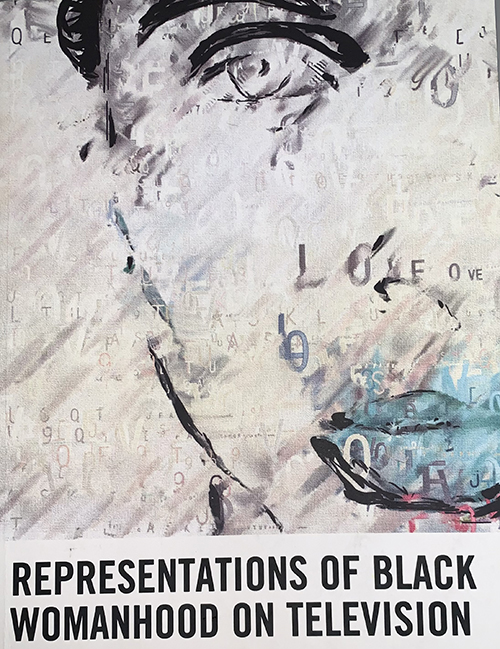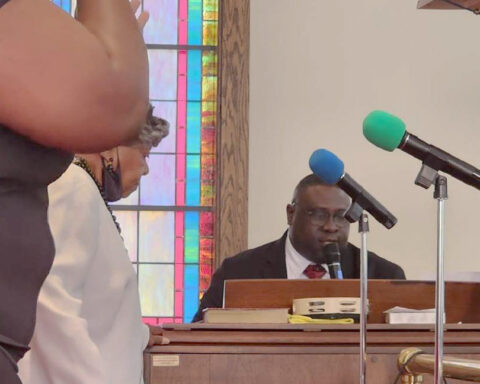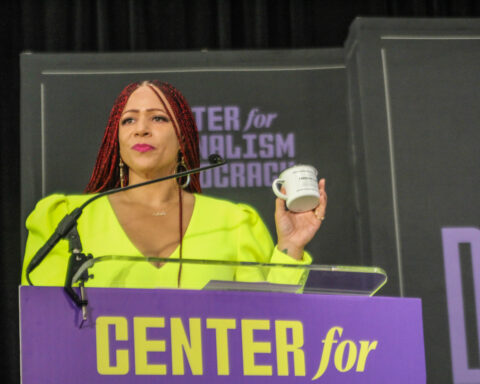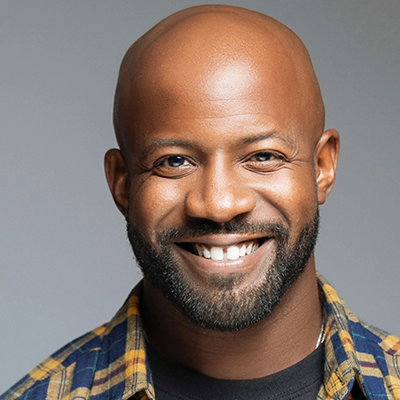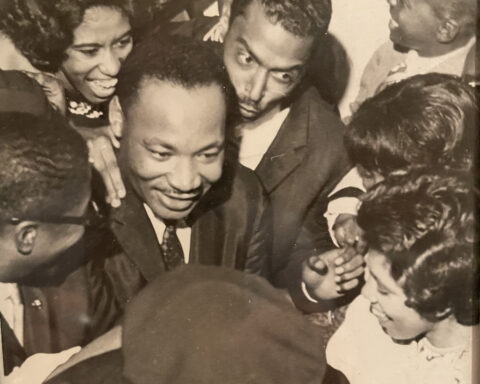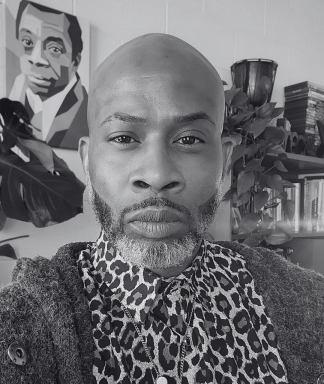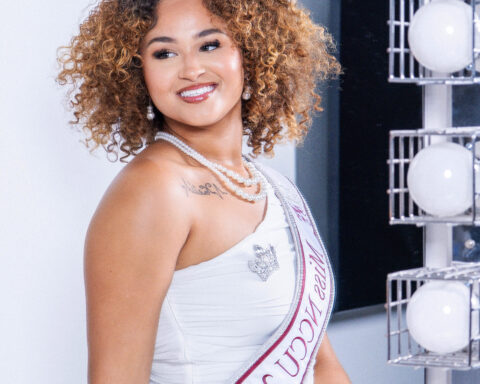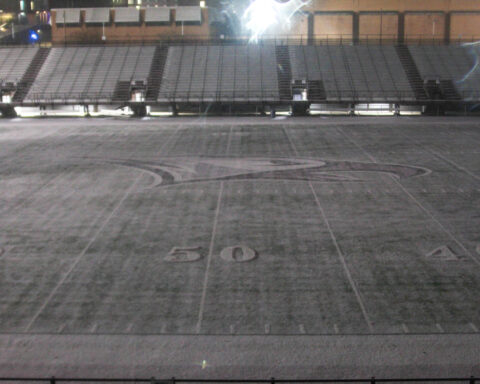“An unmarried Black mother,” ‘baby mama,” “loud and hostile,” illogical,” “aggressive without provocation” — these are just some of the media stereotypes historically directed at Black America women. Black women have been the victims of negative stereotyping across mainstream American culture. These stereotypes result from the aftermath of slavery and the resulting social, economic, and political aftermath of that savage crime.
Hollywood has a long, long history of representing Black women as, on the one hand, inferior, and on the hand over sexualized. While current television shows, like “Insecure,” “P-Valley,” “Abbott Elementary,” and “LoveCraft Country” try to present a more nuanced representation of Black women, misrepresentations persist and need to be examined.
That’s the message taught in Shauntae Brown White’s course Media Images of Black Women. White is a professor in the Department of Mass Communication. She is known for setting high expectations from her students.
Class discussions are compelling and enticing. And White expects her students to work hard for their grade. But some were shocked by the workload.
“Y’all already knew Dr. White don’t play,” said Jesse White (no relation) on the course group chat. To which TJ D responded, “You are right, but dang let us come up for some air.”
White has students read Patricia Hill-Collins’, “Black Feminist Thought,” (1990) and “Representation of Black Womanhood On Television Being Mara Brock Akil,” (2019) a book edited by Brown White and Kandace L. Harris.
Collins’ “Black Feminist Thought” establishes a baseline for examining Black Women’s lives and experiences and calls for a meticulous consideration of the complexity of these realities.
“Black Feminist Thought can create a collective identity among African-American women about the dimensions of a Black Women’s standpoint. Through the process of rearticulation, Black Feminist Thought can offer African-American women a different view of ourselves and our worlds,” writes Collins in her book.
“Being Mara Brock Akil: Representation of Black Womanhood on Television” examines the body of work of Akil, the showrunner who produced “Girlfriends,” “The Game,” “Being Mary Jane” and more. The volume is theoretically anchored in Patricia Hill-Collins Black Feminist Thought, with a focus on how Akil intentionally addresses Black humanity and specifically provides context for Black Women’s lived experiences and empathy for Black Womanhood by highlighting woman-centered characters who have flaws, are strong and complex.
As a final project White has her class break down in groups to each conduct an ideological analysis of the television programs “Insecure,” “P-Valley,” “Abbott Elementary,” or “LoveCraft Country.”
Each group then, using social media, promoted their 10-minute virtual research presentations.
In the presentations students examined the representation of Black women in each program in light of the course readings and lectures. In all, 56 participants of all ages joined in on the research presentations on November 10.
Students were ecstatic after giving their presentation. The course group chat lit up: “Good work everyone,” wrote Ciearra Harris. “Clap it up for my beautiful classmates,” wrote TJ D. “Y’all did amazing,” wrote Jesse White.
In the final analysis Jesse White had this to say about the experience of taking White’s course “Media Images of Black Women”:
“Y’all, we freaking made it!! Although this course was somewhat challenging, I’d like to encourage you as individual Black Americans to continue in the fight of dispelling the controlling images that continue to haunt us as women and men daily!” This was not just a course- that s#*! is real. Be the voice in opposition to the dominant society. Y’all f-ing ROCK!”

